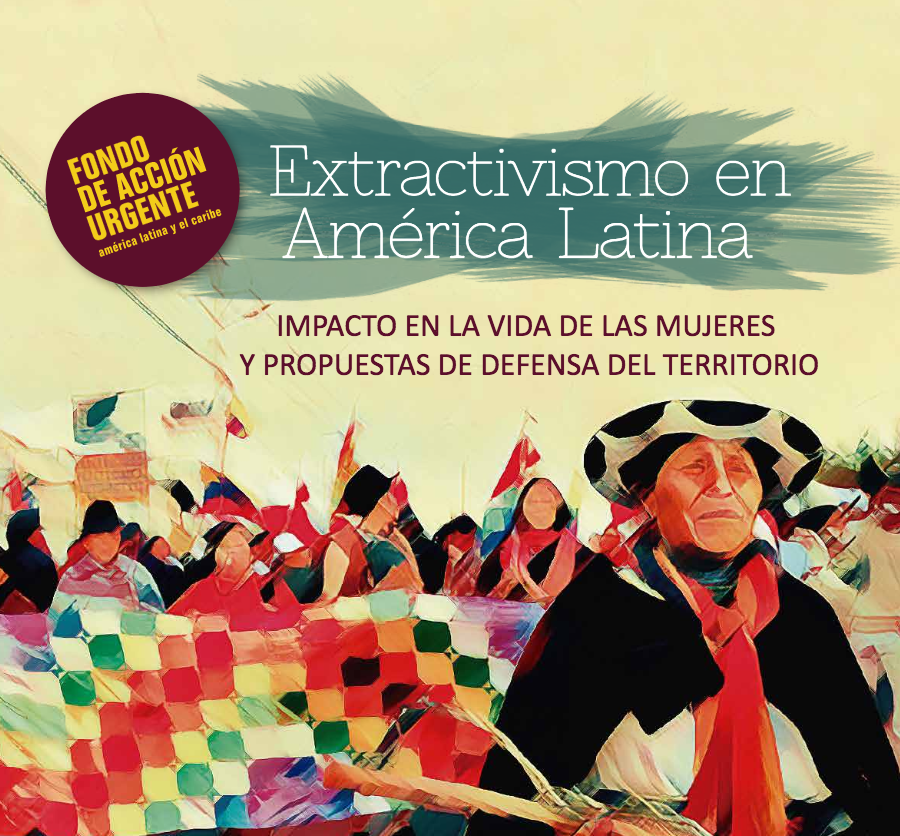Scoping and Status Study on Land and Conflict
This report on the Scoping and Status Study on Land and Conflict reviews the global context and the inspiration driving the study, The three key findings of the study are the existence of multiple areas of UN engagement on land and conflict across the UN pillars, the existence of multiple entry points for improved synergy and that the status quo is not fit for purpose. Based on the above findings, the study presents six recommendations for consideration by the Rule of Law Resource and Coordination Group, the UN Working Group on Transition, other non-UN entities and Member States.





